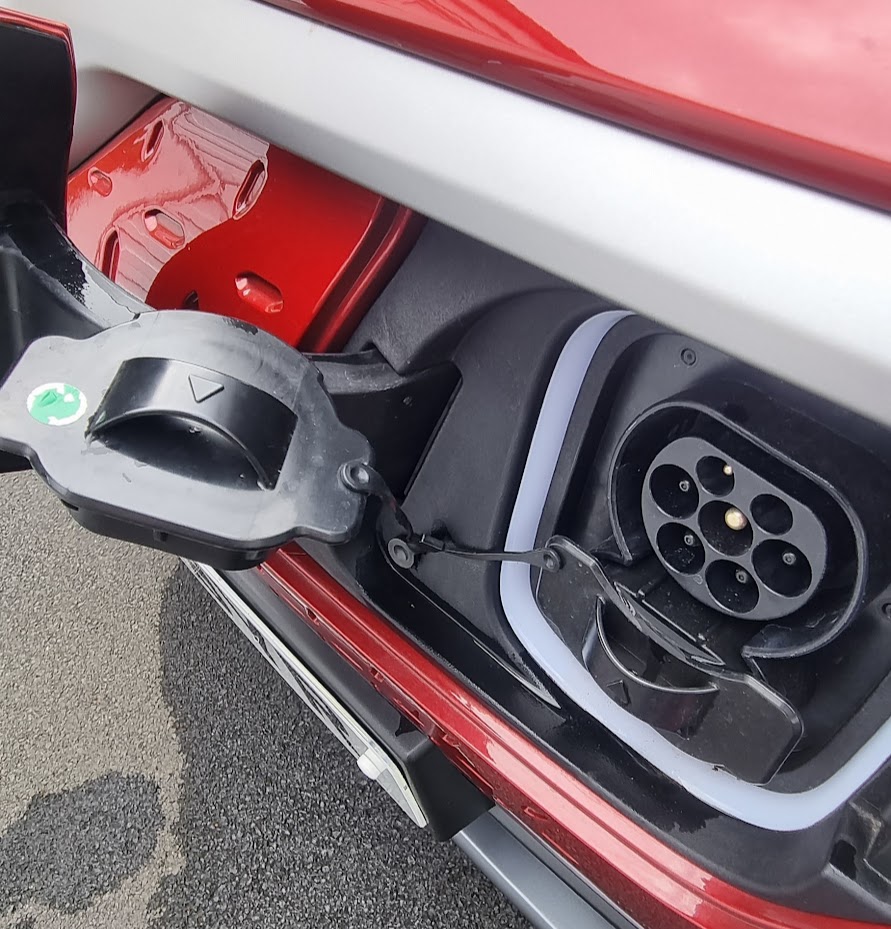
Telford bid success promises EV charging points across 21 car parks
Electric Vehicle motorists in Telford and Wrekin can look forward to easier access to charging points, thanks to the local council’s recent success in its bid to central government for charging point infrastructure funding.
Telford & Wrekin Council has been awarded £683,370 by the Office for Low Emission Vehicles, which will enable the authority to install 70 charging points in 21 public car parks across the borough.
The fund, administered by the Department for Transport, looks to provide greater access to charging points for residents who cannot charge at home.
Cllr Lee Carter (Lab), cabinet member for place (the economy & neighbourhood services), said:
“We originally planned to apply for funding to install 44 charging points across 10 car parks as per Phase 1 of our EV Strategy, but then took a more ambitious approach, increasing our bid to also cover Phase 2.
“The awarded figure means that we have achieved the full amount requested in our more ambitious bid, so we will be looking to install 70 new charging points across 21 car parks located in Wellington, Dawley, Oakengates, Hadley, Ironbridge and Newport.
“Each charging point will feature two sockets, so a total of 140 cars would be able to be charged at the same time. Our teams are now moving quickly with procurement to confirm a partner to deliver the installations.”
Cllr Carolyn Healy (Lab), cabinet member for climate action, green spaces, heritage and leisure, said:
“I’m delighted that this bid success offers us another way to help people live even more sustainably in Telford and Wrekin.
“The sooner we can switch over to zero-emission vehicles, and indeed walking or cycling for shorter journeys, the better for our planet and for air quality locally.”
The funding bid supports Telford & Wrekin Council’s aspiration to see borough-wide carbon neutrality by 2030. The local authority has committed to leading by example and has reduced its own operational emissions by 57% since it announced a climate emergency in 2019.


